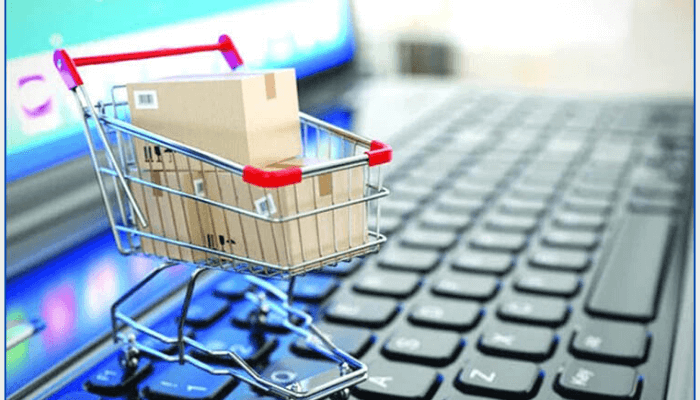E-commerce today is as pervasive as a universal language or a global trend. But while this commercial phenomenon is widespread, there are still segments of society that have not experienced the thrill of virtual shopping and fast home delivery services. This segment is primarily located in rural communities that have not yet penetrated the global digital economy. Residents of these rural areas remain underserved when it comes to e-commerce, but Jumia, Africa's leading online marketplace, is expanding into these regions, bringing previously overlooked populations right on their doorstep. E-commerce and its benefits are bringing.
Also read: Jumia: Overcoming headwinds with efficiency and sustainable growth
E-commerce localization
The digital divide refers to the gap between those who have access to modern information and communication technologies, especially the Internet, and those who do not. It is more than a connection, it is a division. This includes disparities in digital literacy, access to devices, and opportunities for economic participation. Although internet penetration is rapidly increasing around the world, large parts of the population, especially in emerging economies, remain excluded from the digital revolution. The digital economy offers numerous opportunities, from e-commerce to remote work, providing individuals with the means to participate in global markets. Enabling access to digital platforms allows economies to thrive and creates a more equitable distribution of wealth.
On 2o23, Jumia released the 'E-commerce in Rural Areas' report. This report details Jumia's efforts to make e-commerce easily accessible to everyone, regardless of geographic location or purchasing power. According to the report, one of the tactics that Jumia is using very effectively is one that most Nigerians have experienced at least once: grassroots activism, or JForce in Jumia's parlance.
Founded in 2016, JForce is a network of over 40,000 independent sales consultants who help thousands of Nigerians in rural areas overcome the digital divide. Through Force, Jumia leverages a collaborative offline marketing approach that allows even individuals without internet access to access Jumia's vast catalog of products.
Eliminate logistics barriers
Jumia provides the other half of e-commerce, as well as setting up pick-up stations and forging partnerships to overcome logistical challenges to rural areas. More specifically, the online marketplace brand has installed more than 250 receiving stations and established partnerships with several third-party logistics partners to facilitate product delivery to secondary cities and rural areas. Did.
The strategic placement of pick-up and drop-off stations in various towns ensures that residents of even the most remote parts of Nigeria are not relegated. This initiative has become a viable path to help rural areas overcome their geographic limitations to tap into the global economy and effectively enrich these communities.
Investing in the local economy
To further highlight Jumia's commitment to accessibility and inclusivity, Jumia has invested in training local entrepreneurs as agents to increase income through a commission structure. Through this strategy, the company has created many jobs and business opportunities for local entrepreneurs and fostered economic growth within these communities. As evidence of the effectiveness of this strategy, Jumia has thousands of individuals registered as his JForce agents in these areas that were once cut off from world trade, increasing both the economic power of the residents and the entire target area. We are strengthening it.
Related article: Jumia sales drop by $182 million due to Naira devaluation
According to the 'Rural E-Commerce' report, Jumia's efforts to bridge the existing digital divide are being felt not only by rural entrepreneurs but also by families. The report reveals that around half of orders placed on the Jumia Marketplace platform and delivered through a strong network of collection stations and logistics services are destined for rural or secondary cities (by 2023 23% in rural areas and 22% in secondary cities). . Families in these regions can take advantage of Jumia's extensive catalog of over 50 million products and local distributors to save time and money while delivering essentials to their doorstep or at a nearby pick-up station. I am ordering directly from.
There is no doubt that Jumia's strategy has had a far-reaching impact. Since we began an aggressive movement to bring e-commerce to underserved communities, people with no digital literacy have been given the opportunity to participate in the global digital ecosystem. More individuals are now able to learn and utilize skills such as online shopping, online payments, and navigating e-commerce platforms, which can be used not only for personal benefit but also to increase income and purchasing power. It has been proven to be helpful. Jumia bridges the digital divide and helps communities fully participate in the benefits of the digital age by promoting digital inclusion and literacy.
.Dawodu writes from Lagos




